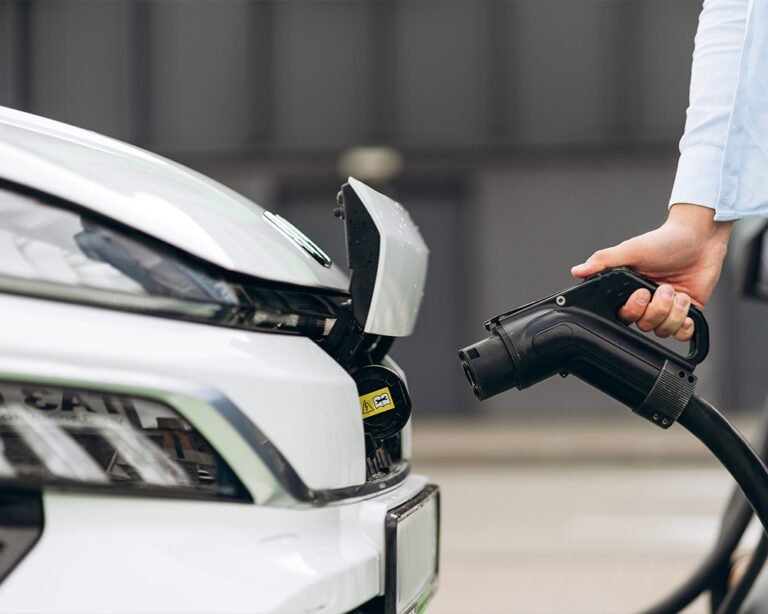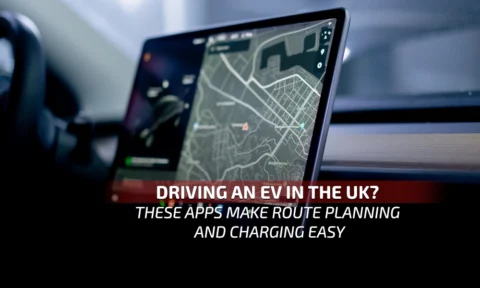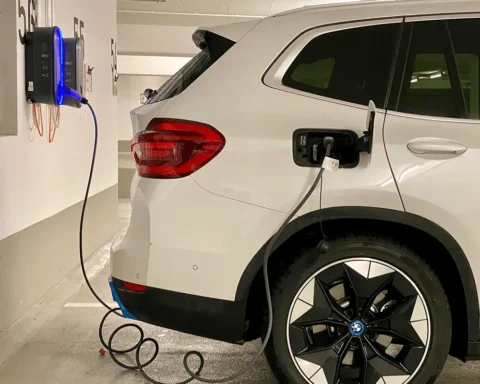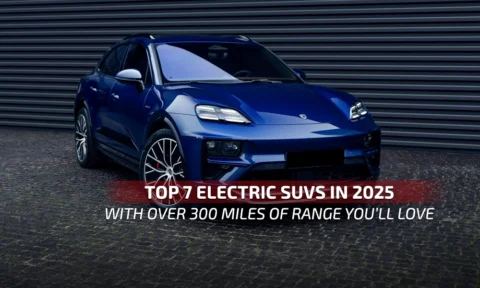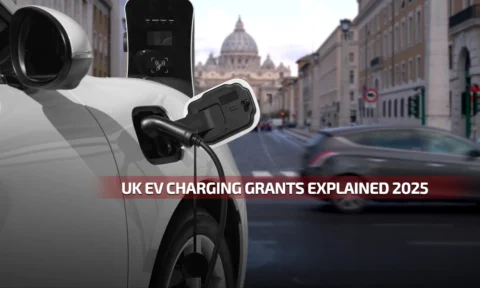The automotive industry is at the dawn of a new era, one powered by electric vehicles (EVs) that promise to reshape the way we think about transportation. As concerns about climate change, air pollution, and rising fuel costs grow, electric cars are emerging as a sustainable, efficient, and futuristic solution.
In this blog, we will explore how electric cars are revolutionizing the automotive industry, their impact on society, and what the future holds for mobility.
1. The Environmental Revolution: A Greener Path Forward
Electric cars have long been hailed as the environmentally friendly alternative to traditional gasoline-powered vehicles. As global concerns about climate change intensify, the shift to electric vehicles is essential for reducing our carbon footprint and creating a cleaner future.
Zero Emissions: Fighting Climate Change
Electric vehicles produce no tailpipe emissions, making them far cleaner than their internal combustion engine (ICE) counterparts. By eliminating exhaust gases like carbon dioxide, nitrogen oxides, and particulate matter, EVs significantly reduce air pollution. This is crucial for improving air quality, especially in urban areas where pollution levels are often the highest.
Sustainable Energy Sources
EVs paired with renewable energy sources, like solar and wind power, create a zero-emission transportation system. As the world transitions to cleaner grids, the carbon footprint of driving an electric car will continue to shrink, leading to even greater environmental benefits.
2. Cost-Efficiency: The Economic Advantage of Electric Vehicles
While electric vehicles may come with a higher upfront cost compared to traditional vehicles, the long-term savings they offer make them a sound financial investment.
Lower Operating Costs
Electric cars are far more energy-efficient than gas-powered vehicles, and the cost of electricity is typically lower than gasoline. As a result, drivers can enjoy substantial savings on fuel. EVs are also cheaper to maintain, with fewer moving parts and no need for oil changes. Over time, these savings can add up significantly.
Maintenance Savings
EVs have fewer parts that are prone to wear and tear, such as transmissions, exhaust systems, and timing belts. This translates to fewer visits to the mechanic and lower maintenance costs, making them more affordable in the long run.
Incentives and Rebates
To further incentivize the adoption of electric vehicles, governments around the world are offering various tax breaks, rebates, and incentives. These incentives help lower the initial purchase price of electric cars and make them more accessible to the masses.
3. Technological Advancements: Innovation in Motion
Electric vehicles are not just about sustainability—they also come packed with cutting-edge technology that enhances safety, convenience, and overall driving experience.
Advanced Battery Technology
The heart of an electric vehicle is its battery, and recent advancements in battery technology have made EVs more practical than ever before. With improvements in lithium-ion batteries and the development of solid-state batteries, electric cars now offer longer ranges, faster charging times, and better overall performance.
Smart Connectivity and Autonomous Driving
Electric vehicles are often equipped with advanced driver-assistance systems (ADAS) and smart connectivity features. These systems, which include lane-keeping assist, adaptive cruise control, and emergency braking, are designed to improve safety and driving convenience. Moreover, the future of mobility is closely tied to autonomous driving technology, and many electric cars are already on the road with semi-autonomous capabilities.
4. Expanding Infrastructure: Charging Made Convenient
One of the biggest concerns for potential EV buyers has always been the availability of charging stations. However, the charging infrastructure is rapidly expanding, making it easier for drivers to charge their vehicles no matter where they are.
Fast-Charging Networks
Charging stations are now being set up at major intersections, urban centers, shopping malls, and highways to support long-distance EV travel. Fast-charging stations have emerged, allowing drivers to charge their cars quickly and continue their journeys with minimal downtime.
Home Charging Solutions
For everyday use, many EV owners are opting for home charging solutions. Installing a Level 2 home charger allows drivers to charge their vehicles overnight, so they’re always ready to go in the morning.
5. The Future Outlook: The Road Ahead for Electric Cars
Electric vehicles are no longer a futuristic dream—they are a present-day reality that is rapidly gaining momentum. However, there are still challenges that need to be addressed for the widespread adoption of EVs. These include further advancements in battery technology, the establishment of a global network of charging stations, and the reduction of initial costs.
Increased EV Adoption
As more consumers recognize the benefits of EVs, from cost savings to environmental impact, the adoption rate is expected to soar. In fact, several countries have announced plans to phase out gasoline and diesel cars in favor of electric vehicles within the next few decades.
A Global Shift Toward Sustainability
Automakers are embracing the shift to electric, with major manufacturers like Tesla, Ford, BMW, and Volkswagen committing to electric vehicle production. The future of mobility is green, and with innovations like vehicle-to-grid technology, autonomous EVs, and smarter charging networks, the world is moving towards a cleaner, smarter transportation system.
Embracing the Electric Revolution
The rise of electric cars is revolutionizing the automotive industry in ways that were once unimaginable. By offering cleaner, more efficient, and technologically advanced transportation, EVs are paving the way for a future where mobility is sustainable, cost-effective, and smarter. As technology continues to evolve and infrastructure expands, electric cars will become the dominant force in the automotive world, driving the revolution that will shape the future of mobility for generations to come.
Are you ready to join the electric revolution? Experience the future of driving with Royal Swiss Auto Services, your trusted partner for EV maintenance and repair. Together, let’s drive toward a greener and smarter future!


